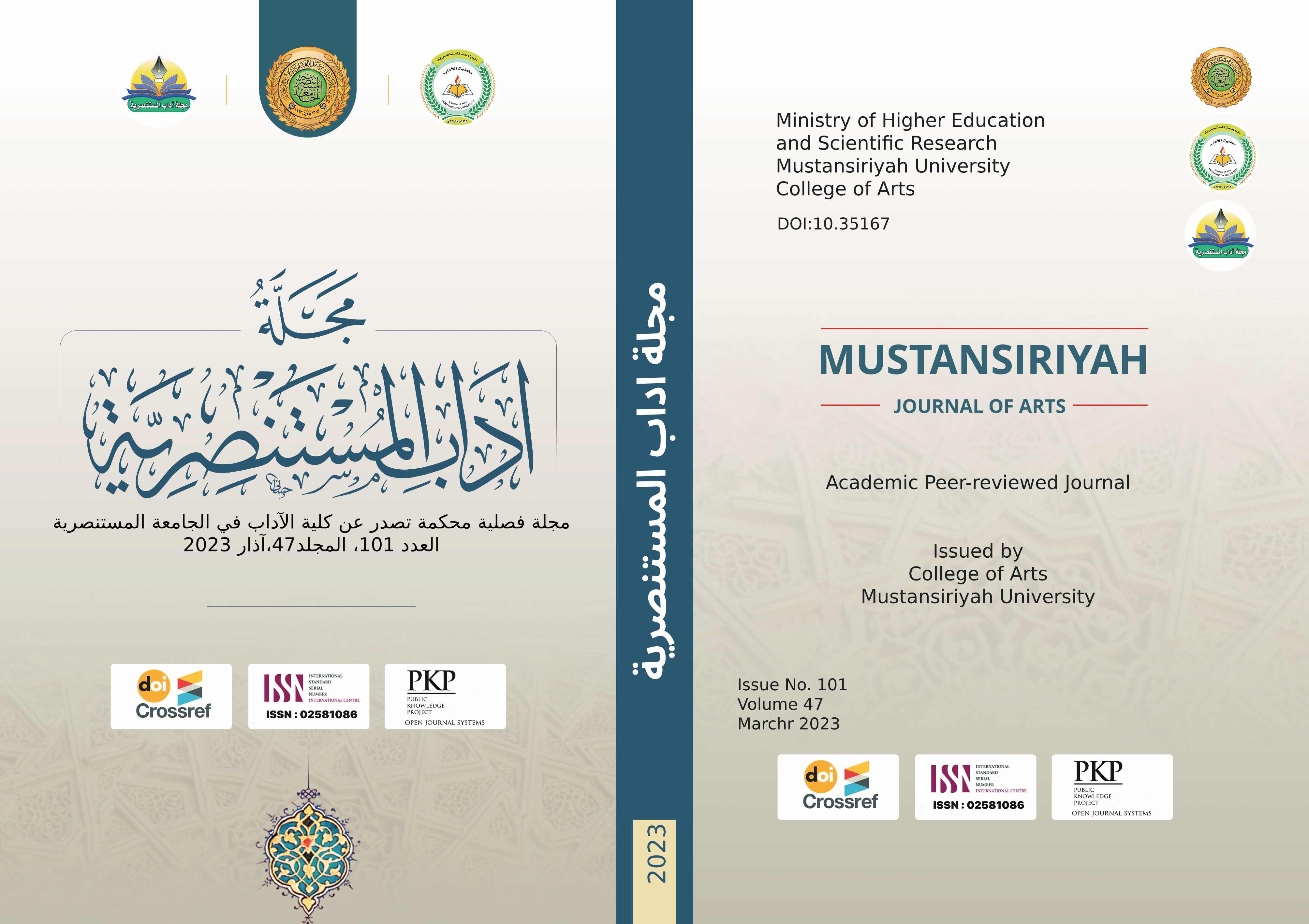Wealth is a Curse not a Grace A Study in Joseph Conrad’s Nostromo: A Tale of the Seaboard
Keywords:
: Joseph Conrad, Nostromo, Material Interests, Natural resources and armed conflict, Materialism, ImperialismAbstract
Undoubtedly, owning a wealth, whether on the collective or individual level, is considered as a blessing and a grace. On the individuals’ level, the existence of this wealth guarantees them a decent life or a decent living, in addition to ensuring a secure future. As at the group level, wealth, represented by the existence of natural resources, is one of the foundations for the establishment and survival of nations, as it constitutes the long-term and future strategic deployment stocks for all generations, whether at the present time or in the future. Nevertheless, this blessing is often seen as a curse, or a blessing in disguise on its owners, or on its country on a large scale. Joseph Conrad’s 1904 novel Nostromo: A Tale of the Seaboard abounds with themes, yet the concept of wealth as a curse not a grace is at the head, as it is closely related to the themes of materialism, imperialism, and colonization which have been the topics in most of his novels. In it Conrad dramatizes the miserable fate of the protagonist, and most of the characters of the novel, as well as the miserable fate of the country, for, and as is the case, wherever such wealth exists, it is vulnerable to armed conflicts.
The research plan will be to follow the analytical method by sailing through the novel indicated to highlight the theme in question, and then to draw a conclusion.
References
conard. (1917). In Nostromo: A Tale of the Seaboard. London: J. M. Dent and Sons LTd .
conard. (1921). Notes on Life and Letters. London: J. M. Dent & Sons Ltd.
Conrad, J. (1904). Nostromo: A Tale of the Seaboard. London: J. M. Dent and Sons LTd.
Davies, E. b. (Ed.). (1988). Collected Letters (Vol. 3). Cambridge: University Press.
Eagleton, T. (2005). The English Novel: An Introduction. Malden: MA: Blackwell Publishing Ltd.
Fitzgerald, F. (1996). F. Scott Fitzgerald on Authorship. (E. M. Baughman, Ed.) Columbia: University of South Carolina Press.
Jean, A. (1927). Joseph Conrad: Life and Letters (Vol. 2). NY: Doubleday.: Garden City,.
Leavis, F. R, George Eliot, & Henry James, Josep. (1950). The Great Tradition. New York: George W. Stewart, Publisher Inc.
Long, J. (1961). Conrad’s Nostromo: Reception, Theme, Technique. (Master’s Thesis).
Najder, Z. (1983). Joseph Conrad. A Chronicle. London: Cambridge University Press.
Roberts, C. (1931). Half Way. London: Hutchinson & Co.
Warren, R. (1951). Introduction. Conrad, Joseph. Nostromo: A Tale of the Seaboard. New York: Random House.
Watt, I. (1988). Joseph Conrad: Nostromo, Chapter 1. “Origins and originals”. Cambridge: Cambridge University Press.

Downloads
Published
Issue
Section
License

This work is licensed under a Creative Commons Attribution-ShareAlike 4.0 International License.

